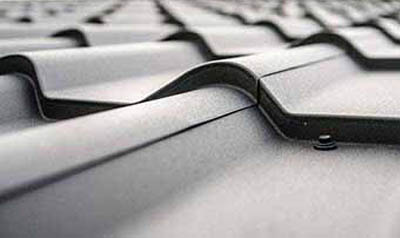Blog

The highly-corrosive environments frequently found in the smelting and refining industries benefit from the corrosion-resistant properties of lead. Lining tanks or chambers with lead can offer significant protective advantages, as is exemplified in the lead-lined chambers of Glover towers and electrostatic precipitators. The latter use lead “Star Wire” centered in lead tube to remove impurities from the acid-laden atmosphere within…
Read more...

Like the nuclear industry, research labs that work with radioactive materials frequently depend on lead products and services for containment of radioactive materials and proper shielding. Radioactive isotope containers are one possible solution, as they come ready to receive and contain such materials. Alternately, it may be necessary to apply lead lining to cabinets, compartments, tanks, or surfaces that lack…
Read more...

Lead is known for being a principle material for gamma ray shielding, a need inherent to the nuclear industry. Lead is critical in protecting against radiation, which is present in both the nuclear and nuclear medicine industries. Depending on the strength of the energy exposure, thinner lead sheets or sheets of other metals such as cadmium or tin might be…
Read more...

Utility sectors have long relied on quality lead products for tasks such as transporting wastewater, and protecting underground electrical cables and electrostatic precipitation systems. Given the diverse sectors within the utility industry, these lead tubes must be customizable for a multitude of unique needs. Bar solder must also be manufactured with precise variation in composition for differing projects. Lead and…
Read more...

The marine sector of the defense industry has long relied on lead ballasts to achieve stability of their vessels, and on zinc and aluminum marine anodes to protect the vessel’s hull against corrosion. The high density and corrosion resistance of lead makes it a choice metal for ballasts in defense vessels, and ships in general, providing the weight required to…
Read more...

On the market today, lead flashing is considered a durable weatherproofing material for use in construction and roofing projects. Its inherently malleable and flexible nature makes it easy to use and suitable for a diverse number of roof types. As lead is a non-ferrous and non-reactive metal, it is naturally resistant to corrosion and will not rust. From an aesthetic…
Read more...

Comments or questions are welcome.



